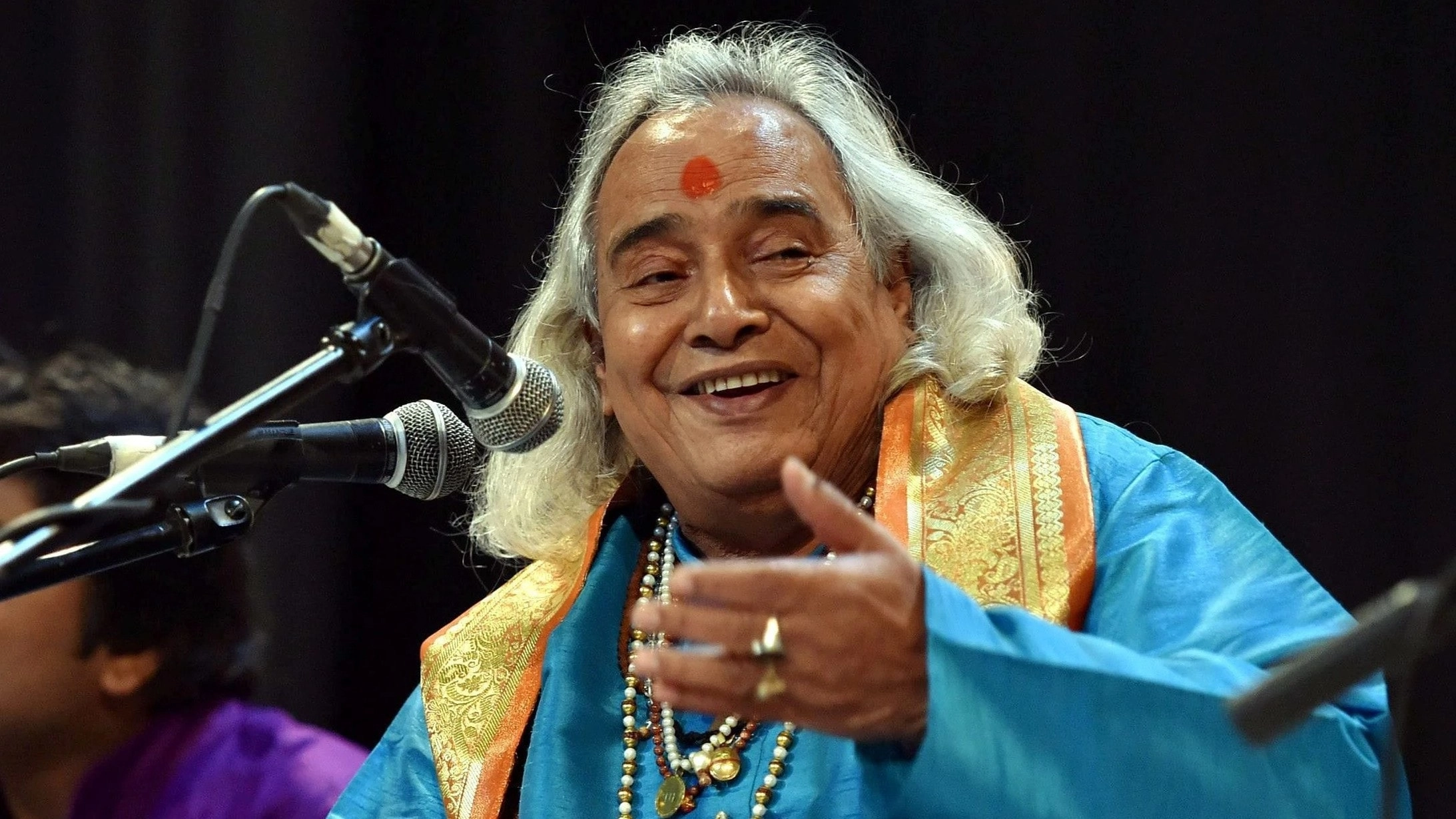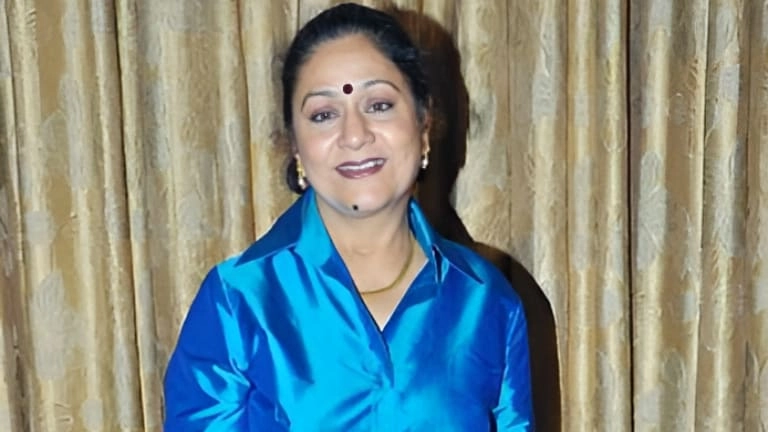The Indian film “Kantara,” directed by and starring Rishab Shetty, has made significant waves at the box office, particularly in its Hindi version, which recently crossed the impressive milestone of ₹150 crore within just 13 days of its release. This achievement underscores the film’s widespread popularity and the growing appreciation for regional cinema among audiences across the country. The film, which blends elements of folklore, action, and drama, has resonated deeply with viewers, contributing to its robust financial performance.
The success of “Kantara” can be attributed to several factors, including its engaging storyline, strong performances, and the cultural richness it portrays. Rishab Shetty’s dual role as both director and lead actor has been pivotal in bringing authenticity to the film. The narrative, which delves into themes of tradition versus modernity, has struck a chord with audiences, leading to positive word-of-mouth recommendations that have bolstered ticket sales.
Moreover, the film’s unique approach to storytelling, combining thrilling action sequences with heartfelt moments, has captivated not only local audiences but also those in other regions, as evidenced by its solid box office performance in the Hindi-speaking markets. The continued momentum of “Kantara” suggests that the film’s appeal transcends linguistic barriers, allowing it to carve a niche in the competitive landscape of Indian cinema.
As the film continues its run, industry analysts are closely monitoring its box office performance, with many speculating that it could achieve even greater heights in the coming weeks. The success of “Kantara” is not just a testament to Rishab Shetty’s talent but also indicative of a broader trend where regional films are gaining traction and recognition on national and international stages. This shift is a promising sign for the future of Indian cinema, highlighting the potential for diverse narratives to find success beyond traditional boundaries.




